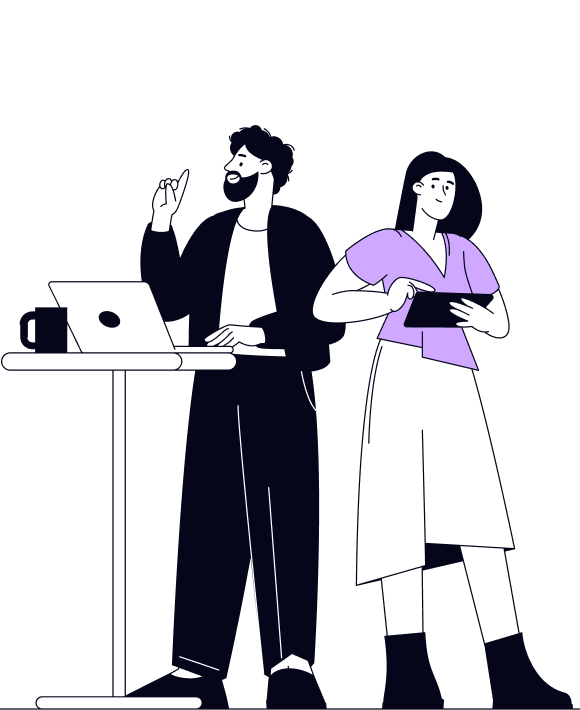
An interview is a structured conversation where one participant, the interviewer, asks questions to which the other participant, the interviewee, responds. This exchange aims to gather information, assess qualifications, or understand perspectives.
Interviews can vary in format, ranging from informal conversations to highly structured question-and-answer sessions, depending on their purpose and context.
Advancing to the interview stage is a significant milestone in the job application process, offering a final opportunity to demonstrate your suitability for the role. To maximize this chance, it’s crucial to avoid common interview mistakes.


Arriving late demonstrates a lack of punctuality, while arriving too early can inconvenience the interviewer. Aim to arrive 10-15 minutes before the scheduled time.
Lack of knowledge about the company’s mission, values, and recent developments can suggest a lack of interest. Research the company thoroughly before the interview.
In interviews, body language plays a pivotal role in shaping the impression you make. Positive non-verbal cues can convey confidence, engagement, and professionalism, while negative body language may suggest disinterest or discomfort.
Constantly checking or using your phone can be distracting and convey disinterest. Ensure your phone is turned off or silenced during the interview.
In job interviews, relying on clichés—overused phrases or responses—can make you appear insincere or unprepared. Interviewers have likely heard these expressions numerous times, and they often fail to provide meaningful insight into your qualifications.
In job interviews, it’s essential to balance discussing your qualifications with demonstrating how you can contribute to the company’s success. Focusing solely on your achievements without connecting them to the organization’s goals can make you appear self-centered and fail to showcase your potential value to the employer.
In a job interview, neglecting to inquire about the next steps in the hiring process can be a missed opportunity. Asking about the subsequent stages not only demonstrates your enthusiasm for the role but also provides clarity on the timeline and expectations.
In job interviews, providing concise and relevant information is crucial. Overloading your responses with unnecessary details can distract from your qualifications and may leave a negative impression.
Discussing past employers negatively during interviews can significantly harm your prospects. It may suggest a lack of professionalism, raise concerns about your adaptability, and make interviewers wary about your potential fit within their organization.
In job interviews, failing to ask questions can significantly hinder your chances of making a positive impression. It may suggest a lack of interest or preparation, potentially leading interviewers to question your enthusiasm for the role. Recommended Questions to Ask like Role-Specific Inquiries, Team and Department Questions, Company Culture and Values, performance and Growth and Next Steps in the Process.
Interviews can vary in format, ranging from informal conversations to highly structured question-and-answer sessions, depending on their purpose and context. Avoiding these mistakes, can significantly enhance your performance during interviews and increase your chances of securing the desired position.

We have trained over 50,000 students in coding, empowering them to secure jobs at top software companies. Our 50+ in-demand courses equip you with the skills needed for the industry’s top career opportunities.
info@prrtechnologies.com
+91 9705287799
+91 9705737799
Sai Ram Complex, Dilsukhnagar, Hyderabad-60





© Copyright 2025 PRR TECHNOLOGIES – All Rights Reserved.